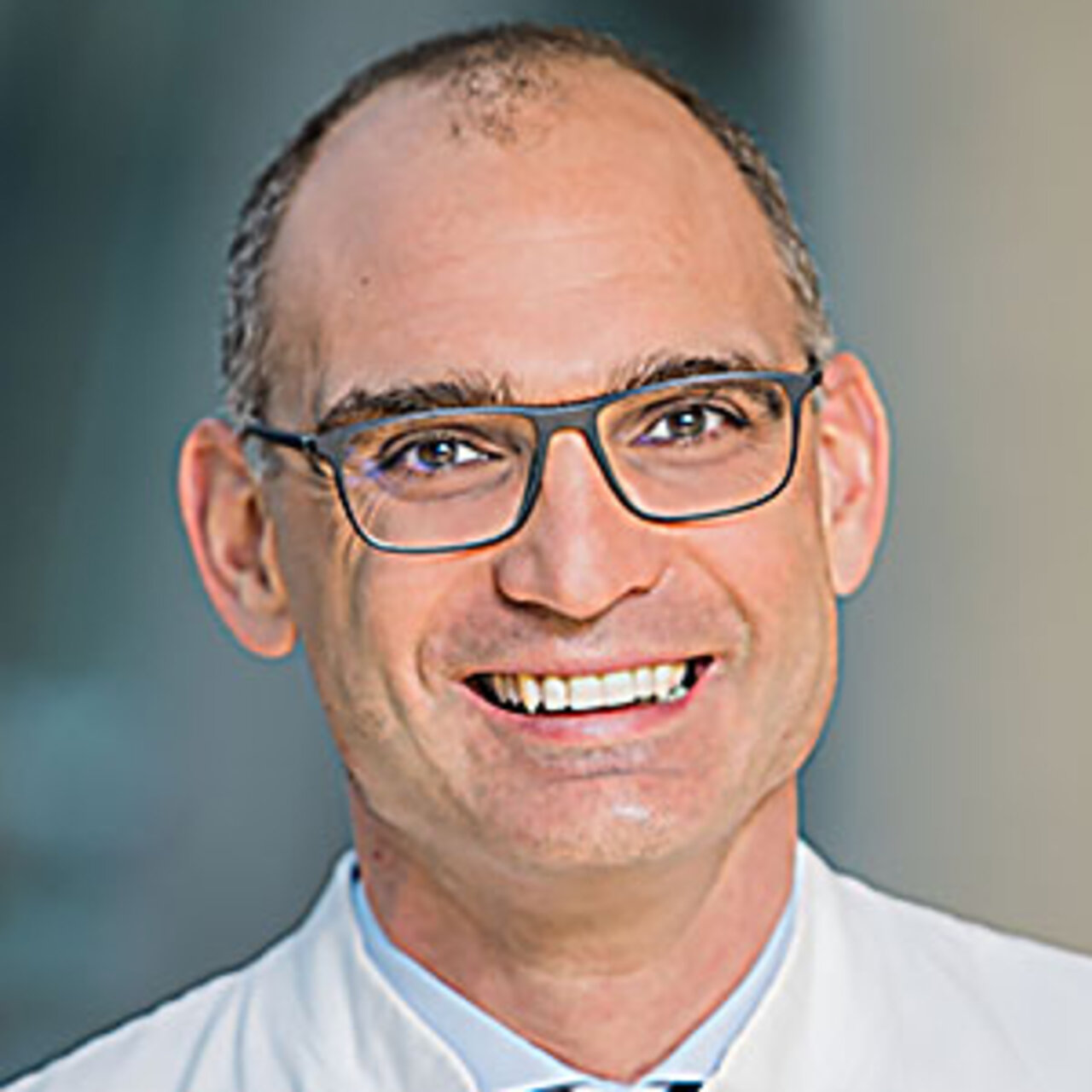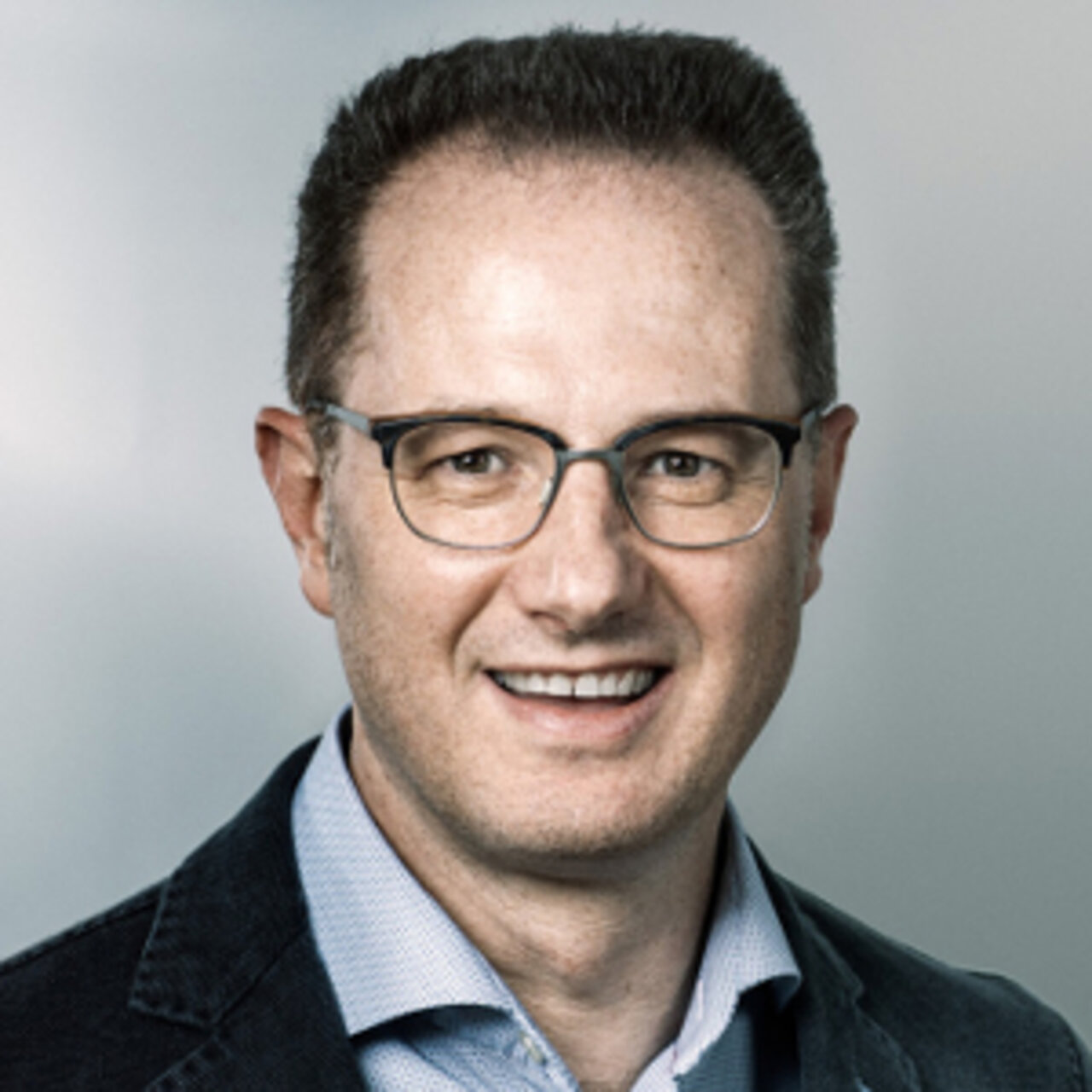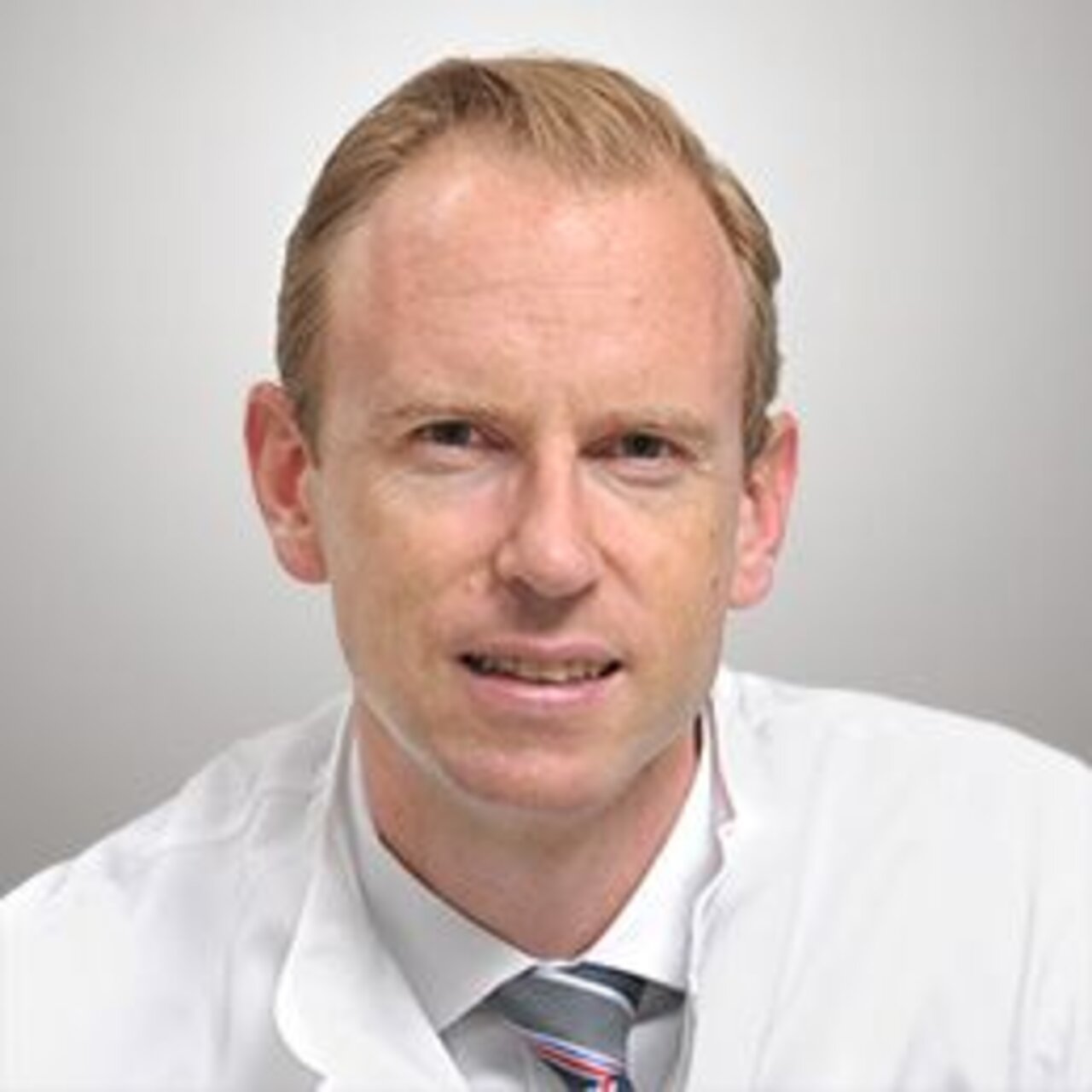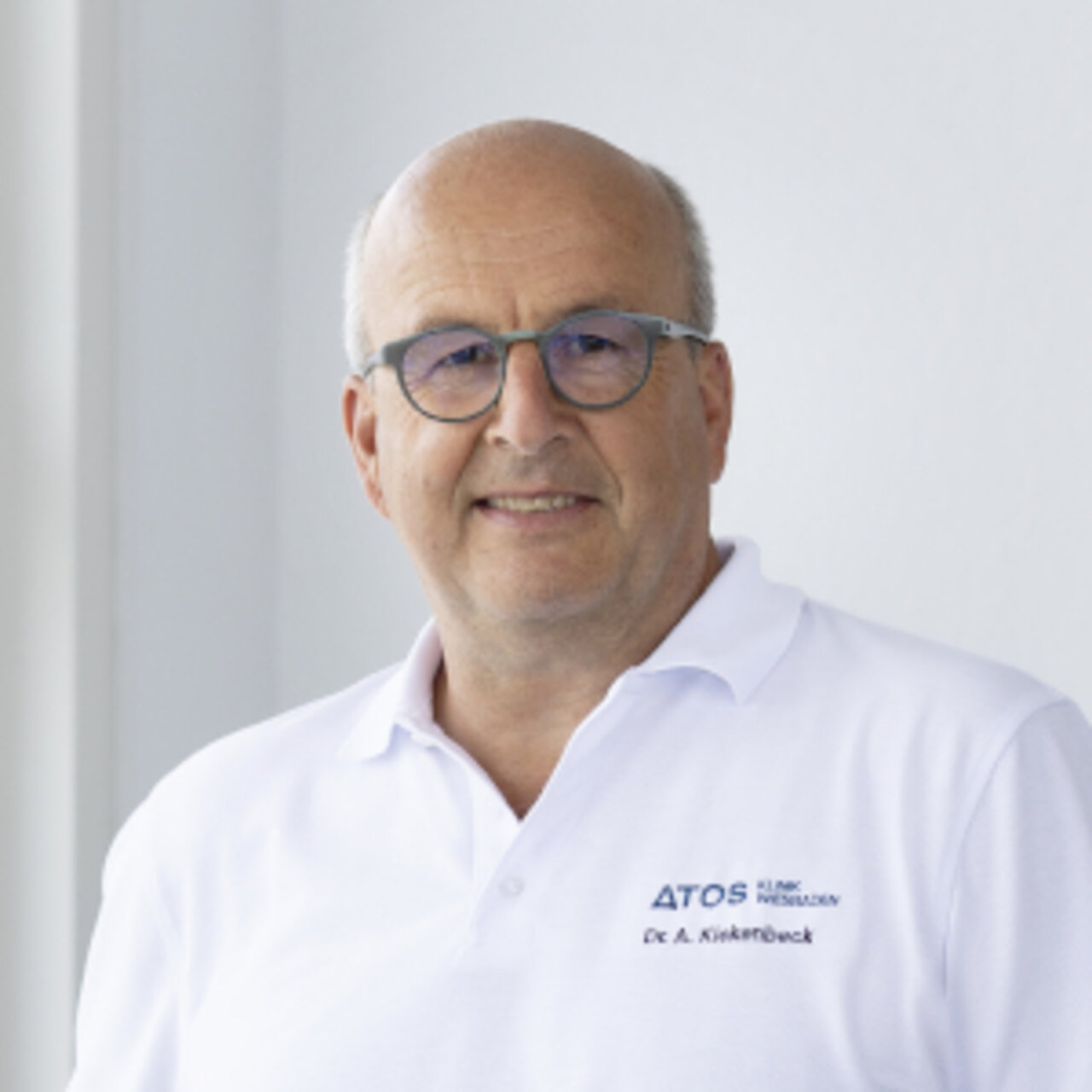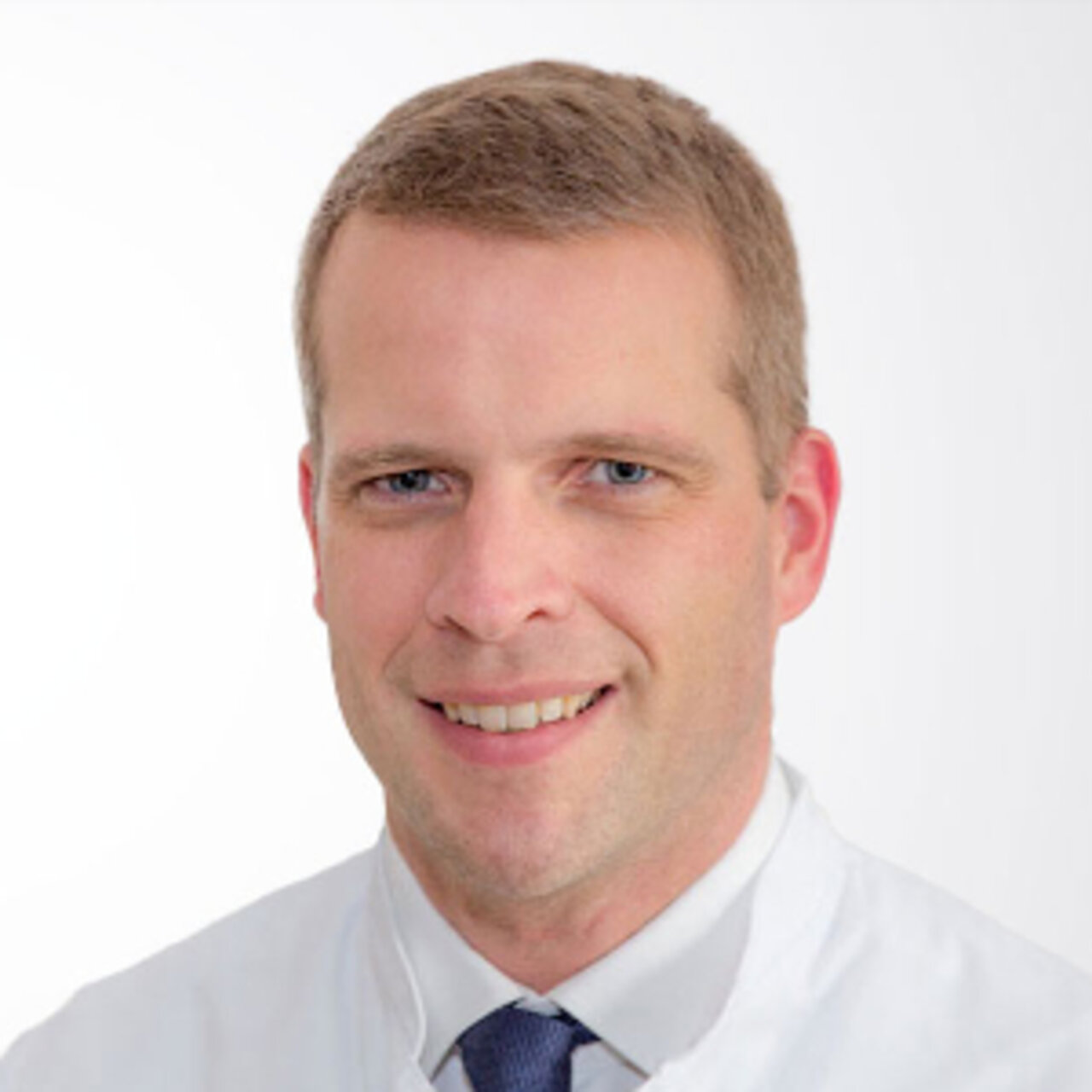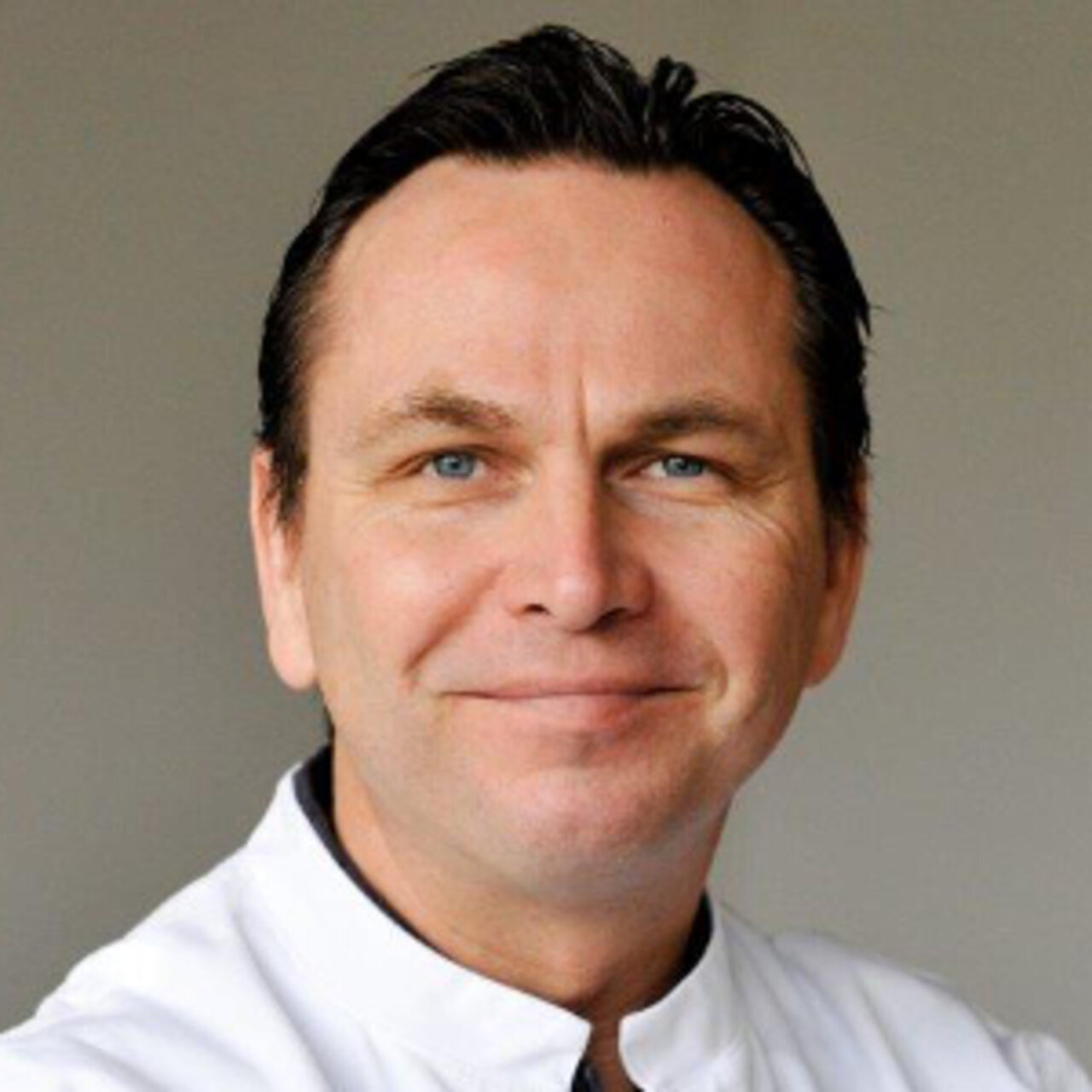Specialists in Acromioclavicular Joint Injury
7 Specialists found
Information About the Field of Acromioclavicular Joint Injury
What Is Acromioclavicular Joint Injury?
Acromioclavicular joint injury is an injury to the acromioclavicular joint, or AC joint. The AC joint connects the acromion (roof of the shoulder) to the clavicle (collarbone). The stabilizing ligaments that support the shoulder joint are injured: The "acromioclavicular ligament" and the "coracoclavicular ligament.
The injury is classified according to either Tossy I-III (outdated classification) or Rockwood I-VI (new classification) to describe the severity of the acromioclavicular joint injury.
Causes and Symptoms
An AC joint injury typically occurs after a fall on the applied/extended arm or falling directly on the shoulder. It often happens during sports such as soccer or skiing.
How Is Acromioclavicular Joint Injury diagnosed?
To determine an AC joint injury, the exact course of the accident should first be documented. Then the patient is examined in detail. Typical elevation of the clavicle is noticed in Tossy III injury, in which the ligaments holding the shoulder joint are entirely torn. The lateral end of the clavicle protrudes upward and can be pressed down like a piano key. If the injury is of a lower grade, the patient feels intense pain when pressing on the affected joint, and the shoulder's mobility is limited.
After the shoulder joint is examined, an X-ray is taken. Often, a weight is placed in the patient's hand during this process to see the above-mentioned elevated shoulder more clearly.
Acromioclavicular Joint Injury Treatment
Whether or not a shoulder dislocation requires surgery depends on the severity of the injury and is based on the classification mentioned above, according to Tossy or Rockwood.
Conservative Therapy
Conservative treatment, i.e., without surgery, can be used to treat Tossy/Rockwood I and II injuries. In the case of Tossy/Rockwood I, physiotherapy with movement exercises and painkillers is sufficient. In Tossy/Rockwood II, the shoulder joint should be immobilized with an arm sling (Gilchrist bandage) for a short period, and only then should physiotherapy be started.
Acromioclavicular Joint Injury Surgery
Surgery is unfortunately required if the injury is more severe, i.e., Tossy/Rockwood III and Rockwood IV-VI. The so-called "open reduction" is recommended in this case: the shoulder joint is exposed through a larger incision, injured ligaments are sutured, and bone splinters are fixed. A wire is usually used for this. Afterward, the shoulder must be immobilized for about a week.
Aftercare and Chances of Recovery
After immobilization, the shoulder joint should be gradually moved and strengthened immobile over the months, and the shoulder may lose its mobility. Despite adequate physical therapy or physiotherapy, permanent damage can occur. The most common include endless pain and instability and osteoarthritis of the shoulder joint. After non-surgical treatment, a load can be applied to the shoulder again after only a few days. If surgery is carried out, a recovery time of approximately eight weeks should be expected.
Which Doctors and Clinics Are Specialized in Acromioclavicular Joint Injury?
You should see a trauma surgeon if you suffer an acromioclavicular joint injury. Trauma surgeons are specialists in all injuries that occur in accidents and can provide advice and support. Orthopedic surgeons specializing in treating the shoulder joint are also the right professionals to contact for shoulder acromioclavicular joint injury treatment or second opinions.
We can help you find an expert for your condition. All doctors and clinics listed have been reviewed by us for their outstanding specialization in acromioclavicular joint dislocation and are awaiting your inquiry or treatment request.
Sources:
- Deutsche Gesellschaft für Unfallchirurgie, amboss.com
